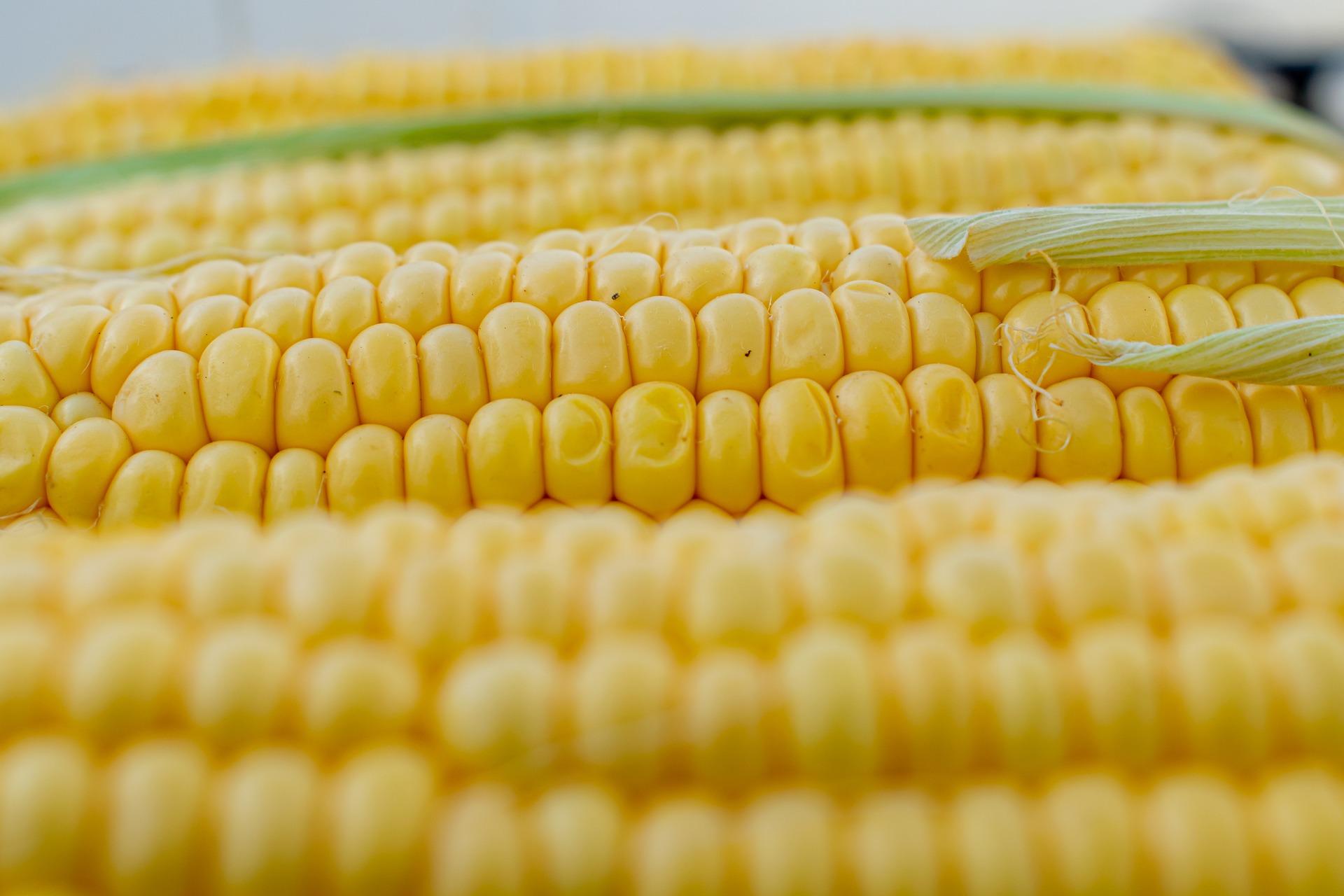Pros and Cons of Genetic Engineering in Fruits and Vegetables
In a technology-driven world, more and more businesses are turning to genetic engineering to improve the quality, yield, and shelf life of their produce. Genetic engineering has been used for many years in crops, but while there are benefits for businesses, there are also some drawbacks that should be considered.

In a technology-driven world, more and more businesses are turning to genetic engineering to improve the quality, yield, and shelf life of their produce. Genetic engineering has been used for many years in crops, but while there are benefits for businesses, there are also some drawbacks that should be considered.
In this article, we’ll discuss genetic engineering in fruits and vegetables, its pros and cons, and how Silo can streamline your business operations.
What is genetic engineering in fruits and vegetables?
Genetic engineering is the purposeful engineering and genetic alteration of crops to achieve certain desired characteristics. Crops that are altered in this way are referred to as genetically modified (GM) or genetically engineered (GE).
Vegetable and fruit biotechnology to alter produce is not a new innovation and has been in practice for a relatively long time. However, human intervention in nature can be both beneficial and detrimental in various ways.
The challenge of genetically engineering produce
The main challenge of genetically engineering produce is getting consumers to accept and buy them. Common misconceptions about safety can cause consumers to be reluctant to purchase and eat them.
Despite this, genetic engineering for fruits and vegetables is a rapidly growing field. Many companies are investing heavily in research and development in this area, and there are already a number of genetically modified products on the shelves today, many of which consumers are unaware are GMOs at all.
The pros of genetic engineering in fruits and vegetables
Here are the pros of genetically engineered produce.
Fewer pesticides
Genetically engineered produce requires significantly fewer pesticides and water compared to conventional produce. As per statistics, genetically engineered crops have reduced pesticide usage by 9% from 1996 to 2011.
Fortified with nutrients
Nutrition enhancement in genetically modified crops aims to manipulate the quantities of vitamins, minerals, proteins, fiber, amino acids, carbohydrates, and other unwanted components in important feed crops.
Since genetic engineering techniques can be used to create new varieties with desirable characteristics by making use of gene pools, transferring desired traits from one organism to another, certain micronutrients that are not naturally generated in crops can be added, with transgenic techniques allowing genetically modified produce to be packed with vitamins.
Longer shelf life
Biotechnology fruits and vegetables are engineered to be disease-resistant and are made to have longer shelf lives. This combats one of the greatest problems in the produce industry: the brief shelf life of fruits and vegetables. A longer shelf life means less waste and more revenue for businesses.
Easy on the pocket
Genetically engineered crops are affordable because they require considerably fewer resources to produce. Less water, less land, and fewer pesticides mean higher profit margins for producers. Hence, they can sell their produce at much lower prices, passing on those savings to customers.
Crops such as corn, beets, and soybeans are sold as much as 15% to 30% less.
Ability to grow in harsh climates
Genetic modification allows certain crops to thrive even in harsh climates, whether it’s colder regions or salty soils. This is a major advancement and will prove to be beneficial in the coming decades as the climate crisis is expected to worsen.
With genetic modification, food can be grown in regions struck by droughts, are underdeveloped, or do not have access to the necessary resources for production.
A potential solution for the global food crisis
With the global population expected to rise to 9.8 billion by 2050, experts predict a food crisis. Genetically engineered crops can help relieve this adversity. With longer shelf lives and fewer resource consumption, genetically modified crops are looking to be inevitable in the future.
The cons of genetic engineering in fruits and vegetables
Here are the cons of genetically engineered produce.
Misconceptions about safety
Due to the public opinion that genetically modified foods are not safe to consume, this can deter consumers from purchasing.
This is despite the fact that there is no scientific evidence to support this claim. In fact, many experts believe that GMO foods are actually safer than non-GMO foods, since they have been rigorously tested before being allowed on the market. Regardless, this can be a significant drawback to consider.
Resistance to treatments
Although genetic engineering in fruits and vegetables can be beneficial overall, some crops may develop a resistance to certain treatments. This, in turn, opens up the door to new strains of bacteria or viruses being created through evolution and adaptation, making it increasingly difficult to treat issues like infections in crops.
Outcrossing
Non-genetically modified and genetically modified crops may both cross-breed with closely related plants. Cross-breeding between crops and their wild relatives can pose issues if the wild breed acquires traits that make it more weedy and invasive.
Consider Silo to get the most out of your produce
The future will likely see an increased application of biotechnology vegetables and fruits. To get the most out of your produce, it’s important to adapt to changing market dynamics.
Technological solutions can make managing aspects of your produce businesses easier. Silo offers unparalleled visibility, and empowers your business with the tools necessary to ensure produce businesses thrive in a competitive market.
Book a demo with Silo today!
Want to book a demo with us?
Add your info and we’ll get one scheduled with you.